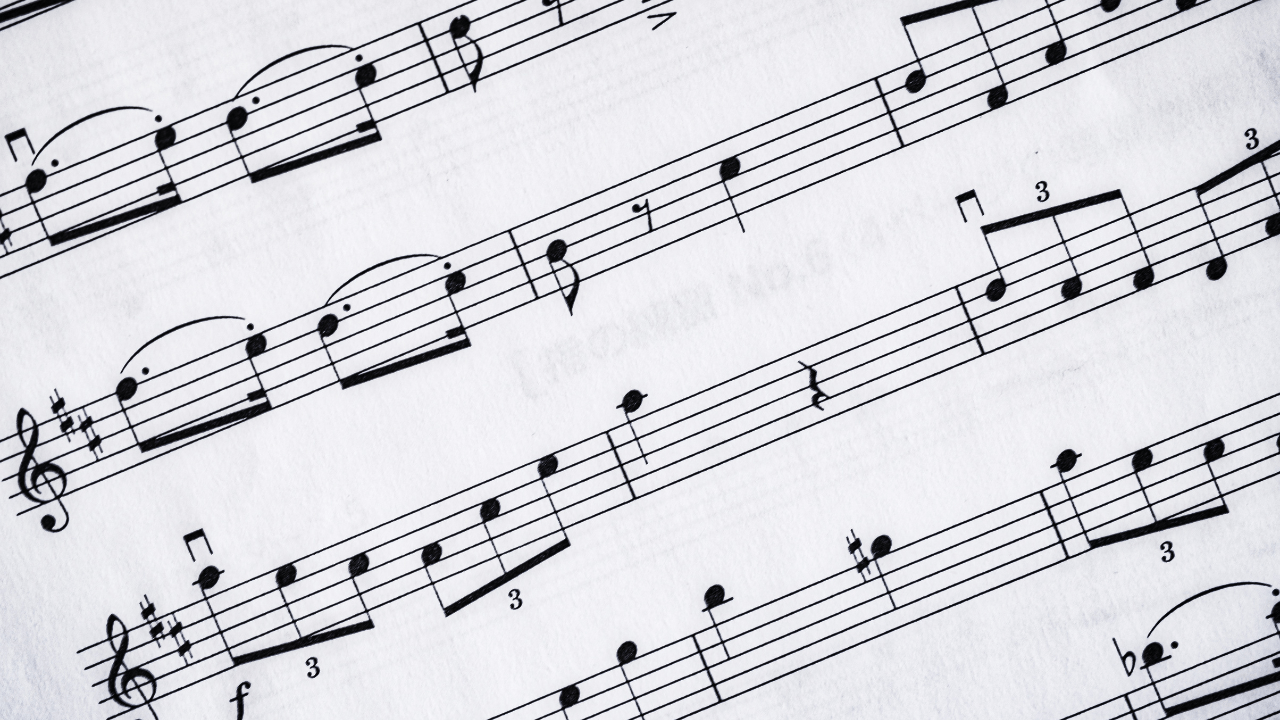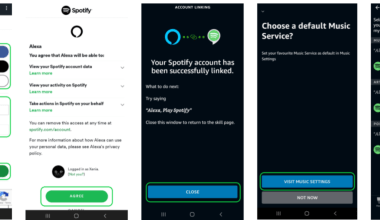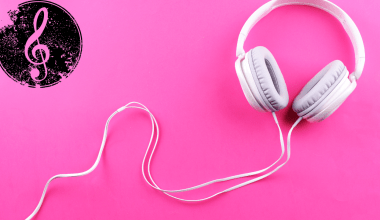When you listen to music, you might have noticed some songs labeled “explicit.” Have you ever wondered what this means? Explicit songs are tracks that contain strong language or themes, like violence, drugs, or sex, which may not be suitable for all listeners. These songs often have a label to warn people about their content.
In today’s music world, explicit songs are very common. From hip-hop to pop and even rock music, many artists use explicit lyrics to express their feelings and experiences. But why do artists make such songs, and why do listeners enjoy them? Let’s explore this interesting topic together.
What Does “Explicit” Mean in Music?
The term “explicit” means something that is very clear and direct. In music, it refers to lyrics that include swear words, sexual content, or other strong themes. When a song is marked as explicit, it means the artist has chosen to speak freely, without holding back their words.
Why Are Explicit Songs Labeled?
Music streaming platforms like Spotify, YouTube Music, and Apple Music use labels to help listeners know what they’re about to hear. This is especially important for parents who want to monitor what their kids listen to. By marking a song as explicit, artists and platforms make sure everyone is informed.
A Short History
Did you know that explicit music is not a new thing? Even centuries ago, songs and poems often talked about taboo topics. But as music evolved, artists started to express themselves more openly.
The Journey Through Time:
- 1960s and 70s: During this time, rock and roll became very popular. Bands like The Rolling Stones wrote songs that pushed boundaries. Their music often hinted at adult themes, breaking away from the “clean” songs of earlier times.
- 1980s: Rap and hip-hop started to grow. Artists like N.W.A. used their songs to talk about real-life struggles in their communities. Their music was raw and honest, and many people appreciated it.
- 1990s and 2000s: Pop stars like Britney Spears and Eminem took explicit music into the mainstream. Their songs often caused controversy but also became global hits.
- Today: In the digital age, explicit songs are everywhere. Streaming platforms allow artists to share their music freely, and listeners have more choices than ever.
Why Do Artists Use Explicit Lyrics?
You might wonder why artists choose to use strong language or talk about sensitive topics. The answer is simple: it helps them express themselves better. Music is a way to tell stories, and sometimes, life’s realities aren’t pretty.
Reasons Artists Choose Explicit Content:
- To Show Emotion: Imagine you’re really angry or heartbroken. Using soft, polite words may not fully capture your feelings. Artists feel the same way.
- To Tell the Truth: Many artists write about their personal experiences. If their lives include struggles or harsh realities, they use honest words to share their stories.
- To Be Bold: Some artists want to stand out or challenge social norms. By using explicit lyrics, they grab attention and make a statement.
- To Connect With Fans: Fans often feel a deep connection to songs that reflect real emotions and situations. Explicit lyrics make the music feel raw and relatable.
How Do People Feel About ?
People have mixed feelings about explicit songs. While some enjoy the honesty and emotion, others believe such songs can be harmful, especially for younger listeners.
Why Some People Love Explicit Songs:
- Honesty: Explicit songs feel real because they don’t sugarcoat emotions or situations.
- Empowerment: For many, these songs are empowering, giving them the courage to face their own struggles.
- Entertainment: Sometimes, people enjoy simply because they are catchy and fun.
Concerns About :
- Impact on Kids: Parents worry that explicit lyrics might influence children negatively.
- Offensiveness: Some people find certain words or themes offensive and prefer clean music.
How Explicit Have Changed the Music Industry
Explicit songs have had a big impact on how music is made and sold. They challenge artists, listeners, and even music platforms to think differently.
Streaming Platforms and Explicit Songs
Today, most music is streamed online. Platforms like Spotify and Apple Music have special filters for explicit content. This allows people to block such songs if they want. It’s a simple way to give listeners more control.
Popularity of Explicit Songs
Believe it or not, explicit songs often top the charts. Some of the biggest hits, like Cardi B’s “WAP” or Eminem’s “Lose Yourself,” include bold lyrics. This shows that many people enjoy these types of songs.
Should We Be Worried About ?
It’s okay to have concerns about explicit songs, especially if you’re a parent or teacher. But it’s also important to understand the context. Many explicit songs carry important messages or reflect real-life struggles.
Things to Consider:
- Talk About It: If you’re worried about someone listening to explicit music, have an open conversation about it. Understanding why they like it can help.
- Use Filters: Streaming platforms let you block explicit songs if you don’t want to hear them.
- Focus on Positives: Many explicit songs also carry powerful messages about strength, love, or overcoming challenges.
How to Enjoy Explicit Songs Responsibly
Listening to explicit songs can be enjoyable and meaningful if done responsibly. Here are some tips:
- Know Your Boundaries: If certain words or themes make you uncomfortable, skip those songs.
- Understand the Meaning: Pay attention to the story behind the lyrics. Many address important social issues.
- Respect Others: If you’re in a public space, consider others’ preferences before playing explicit music.
The Future of Explicit Songs
As music continues to evolve, so will explicit songs. Artists will keep finding new ways to express themselves, and listeners will have more choices than ever. With technology improving, we may seebecoming even more creative and impactful.
Final Thoughts: Why Songs Matter
Explicit songs may not be everyone’s favorite, but they play an important role in the music world. They give artists the freedom to speak their truth and help listeners connect on a deeper level. Whether you love them or avoid them, it’s clear that are here to stay.
By understanding and discussing them openly, we can all learn to appreciate music in its many forms.
Related Articles:
For further reading, explore these related articles:
- Best Free Song Streaming Sites Listen to Music Without Spending a Rupee
- Promo Cards on Spotify: A Game Changer for Artists
For additional resources on music marketing and distribution, visit Deliver My Tune.






